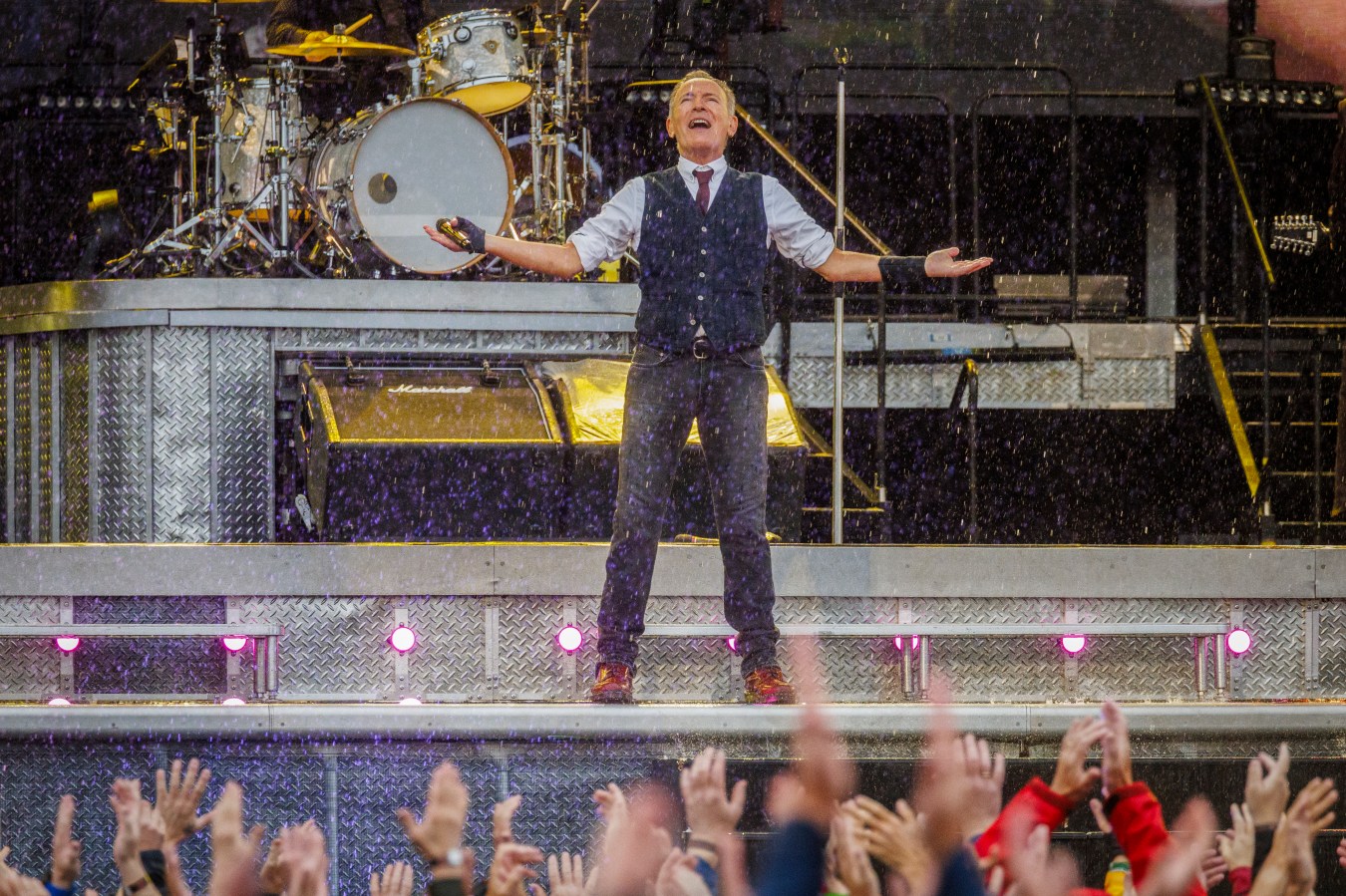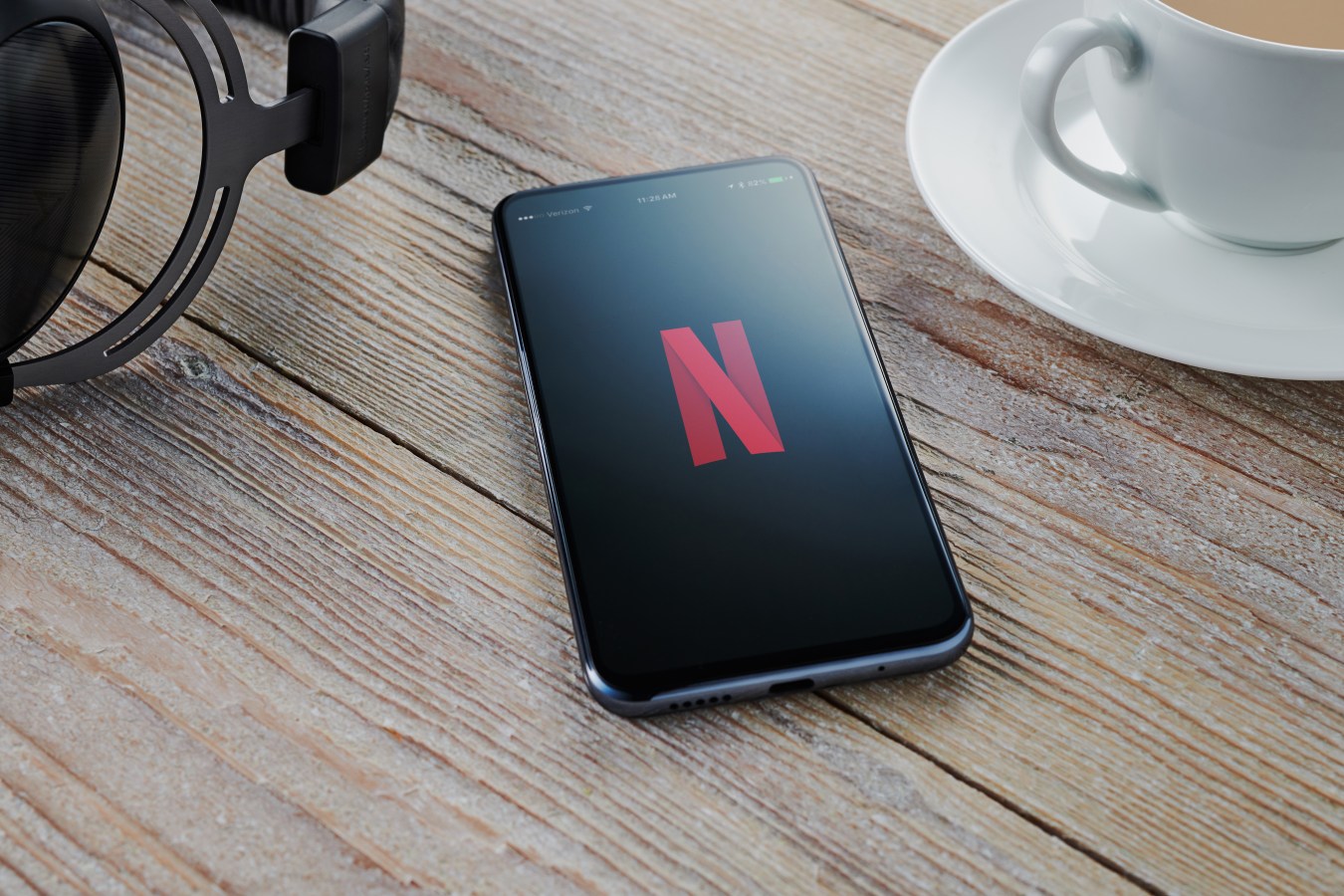Coldplay, the Grammy Award-winning band behind chart-toppers “Viva La Vida” and “My Universe,” has countersued its longtime manager for $17 million, alleging he abused his position to borrow tens of millions of dollars for personal use and allowed costs for the band’s tour to grow out of control—claims the manager denied, as he sues Coldplay for missed payments in an escalating legal spat.

Chris Martin of Coldplay performs on stage at Wembley Stadium during the Music of the Spheres world tour on August 12, 2022 in London, England.
Getty Images
Key Takeaways
- In a new U.K. High Court lawsuit obtained by The Times, Coldplay has sued its manager of 22 years, Dave Holmes, for $17 million (£14 million) in damages after claiming he took out $30 million in loans from promotion company Live Nation to fund a personal development venture and failed to “supervise and control” the budget for the band’s ongoing world tour.
- Holmes is accused of leveraging Coldplay’s long-standing relationship with Live Nation to take out low-interest loans that had nothing to do with the band, which could have impacted his ability to negotiate favourable terms for the promotion and ticket sales of the Music of The Spheres tour, according to The Times.
- The suit also alleges Holmes mismanaged the 165-stop tour to the tune of millions of dollars, including the commissioning of $13 million in lighting and video pylons that were “unjustifiably expensive to even use” and spending $9.7 million on a screen that was built so big it could be used for only 10 concerts.
- Coldplay’s countersuit comes just months after Holmes sued the band for $12 million (£10 million) in commission for two albums.
- Holmes in August accused Coldplay of backing out of a promise that would have given him a commission for its unreleased next two albums (its tenth and eleventh) and asked the High Court in London to order payment of the outstanding amount.
- A spokesperson for Dave Holmes said in a statement: “Coldplay knows they’re in trouble with their defence. Accusing Dave Holmes of non-existent ethical lapses and other made-up misconduct will not deflect from the real issue at hand: Coldplay had a contract with Dave, they are refusing to honour it and they need to pay Dave what they owe him.”
- Murray Chalmers PR, Coldplay’s publicist, did not respond to Forbes’ request for comment Monday.
- Live Nation said in a statement to The Times “any past dealings with (Coldplay’s) management team were considered an extension” of the company’s “strong and long standing relationship” with the band.

(L-R) Coldplay Manager Dave Holmes, GRAMMY Awards Producer Ken Ehrlich, GRAMMY Foundation Vice President Dana Tomarken, musicians Will Champion, Jonny Buckland, President/CEO of The Recording Academy and The GRAMMY Foundation Neil Portnow, musicians Guy Berryman, Chris Martin, GRAMMY Foundation Senior Vice President Kristen Madsen and GRAMMY Foundation Vice President Scott Goldman in 2011.
getty
Big Number
Between 8% and 13%. That’s how much Holmes made on commission of Coldplay’s eighth and ninth albums, his lawsuit said.
Key Background
Coldplay and Holmes separated after 22 years of management last year when their last contract expired, a representative told Forbes last month, though it is unclear exactly what caused the rift between them. The band “vigorously disputed” the claims that it did not pay Holmes what he was owed. Coldplay earned $65.4 million from just 11 shows that were part of their Music of the Spheres tour, Billboard reported, which started in 2022 and will take the band to Asia, Europe, North America and South America. The 2015-2017 A Head Full Of Dreams tour grossed more than half a billion dollars through its five-continent run, making it the seventh highest-grossing tour of all time.
Tangent
The Music of the Spheres tour is the first for Coldplay since its release of the 2019 album Everyday Life, and frontman Chris Martin at the time said his band would not tour again until it could ensure its shows were environmentally friendly. The Music of the Spheres tour promises to reduce carbon dioxide emissions by 50% compared to the A Head Full of Dreams tour by taking steps that include the use of biodegradable confetti, a sound system that uses half the power of traditional systems and a tree planted for every ticket sold.
This article was first published on forbes.com and all figures are in USD.


